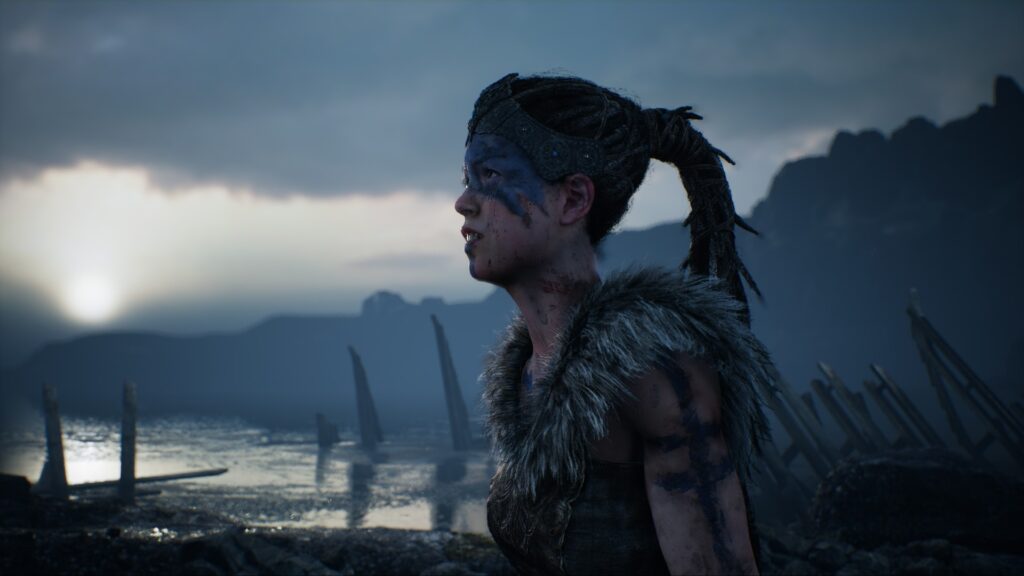Video games have come a long way since their humble origins. Where we once had Pong, we now have virtual reality pinging and ponging in games like Sparc; where our most in-depth story was the ongoing and relentless rivalry between Sonic and Dr Robotnik, we now have epic, hours-long tales that bring us to tears. Games have become more than a simple form of entertainment; they’re an art form, a source of enjoyment for many people but also representations of society and real-world issues.
In light of this progression, 2018 saw a new category added to the BAFTA Game Awards – Game Beyond Entertainment; described as an award to ‘recognise the best game that capitalises on the unique and maturing medium of games to deliver a transformational experience beyond pure entertainment – whether that is to raise awareness through empathy and emotional impact, to engage with real world problems, or to make the world a better place’.
The winner, quite deservedly, was multi-award winning Hellblade: Senua’s Sacrifice – a game years in the making that broaches the delicate subject of psychosis and brings it to life in a visually stunning and eye-opening way. The developers, Ninja Theory, worked alongside scientists and real-life sufferers of psychosis to produce a gaming experience that is not only entertaining and plays well, but tactfully and accurately portrays a very sensitive subject while still giving players elements of action.
In a market that can quite quickly become saturated with very repetitive content (*cough* Call of Duty *cough*), it’s refreshing to see developers like Ninja Theory and Giant Sparrow – developers of the fabulous What Remains of Edith Finch, which won Best Game at this year’s BAFTAs – putting games out that not only push the already expansive boundaries of storytelling in games, but also push the players out of their comfort zone by giving us content that is thought-provoking, powerful and sometimes shocking.
Gaming lends itself incredibly well to this kind of exploration of real-life issues and experiences; it reaches emotive places and plays out situations in a way other media cannot. Rather than reading or watching about a subject, the player is living the experience through the character they play. Inhabiting that character, making difficult choices and feeling the repercussions of them is something you simply don’t get from film or literature. Take games like Telltale’s various series – they play almost cruelly with our emotions and every decision has a consequence, putting the player in situations where they must decide which characters live and die. Gaming pulls the player into the story, and gives them a whole new world and life to immerse themselves in.
This progression in games as transformational experiences, and its recognition by organisations like BAFTA, shows how the industry has grown into something much more mature and artistic. Bigger budgets and better technology give us experiences we wouldn’t ever have dreamed possible, blurring the line between entertainment and visually stunning, life-affirming experiences seamlessly.
Couple that with the ever-growing popularity and capability of virtual reality; we’re lucky enough to be standing at an important and exciting era for video games, where entertainment has merged beautifully with storytelling and artistic expression. Of course, there’ll always be place in our hearts for mindless hack and slash or shooters – who doesn’t like stabbing an orc in the face at the end of a tough day – but the fact that developers are now using this capability to tell stories that gamers can relate to, and learn from, is a fantastic step, and it’s exciting to see where they take us next.




